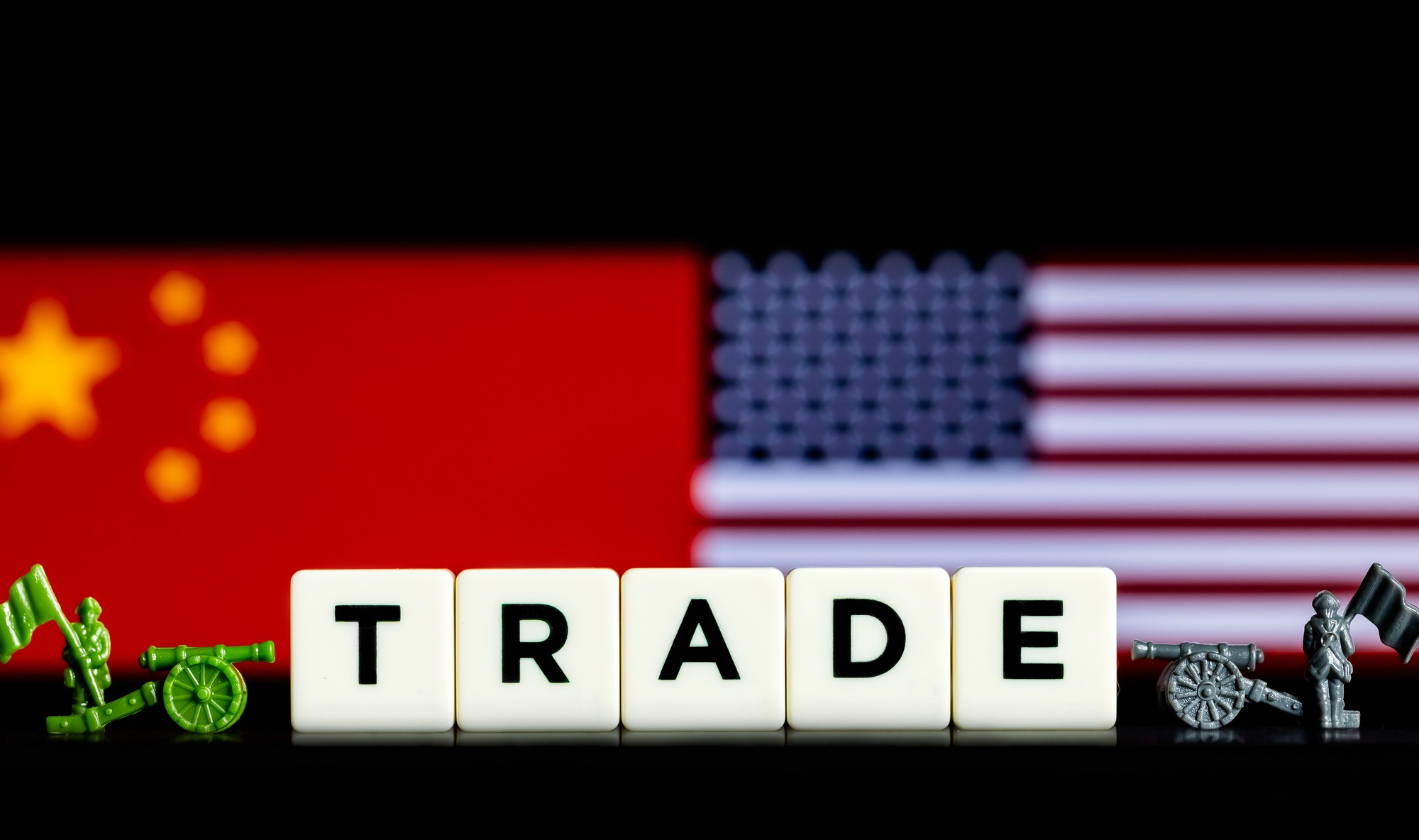President Donald Trump is expected to announce significant tariffs of up to 70% in a strategic move aimed at addressing ongoing trade disputes and protecting American industries. The decision comes just before a critical deadline on July 9, which has heightened market speculation and international concern about the potential escalation of trade tensions.
Recently, the Trump administration has been under pressure to implement tariffs on various imported goods, citing concerns over unfair trade practices and national security. These tariffs are part of a broader strategy to renegotiate trade agreements and strengthen the domestic economy, though they risk provoking retaliatory measures from trading partners.
The specific move to impose tariffs of up to 70% represents a significant escalation in the trade dispute, potentially affecting a wide range of sectors including technology, manufacturing, and agriculture. The tariffs could lead to increased costs for consumers and companies reliant on imported goods, and may disrupt global supply chains.
Impacts are expected to be felt across multiple stakeholders, from multinational corporations to ordinary consumers. Countries targeted by these tariffs might respond with their own trade barriers, escalating a global trade war that could slow economic growth worldwide.
Market analysts are closely monitoring the situation, with some expressing concern over increased volatility and uncertainty in financial markets. The announcement could also influence upcoming negotiations and policy decisions within the U.S. government.
Next steps include the formal announcement of tariffs, potential negotiations for exemptions or modifications, and reactions from international trading partners. The decision could also influence upcoming economic indicators and policy debates in the United States.
What is the main reason for Trump’s tariff plans?
Trump aims to address trade imbalances and protect American industries from unfair foreign competition through the proposed tariffs.
How might other countries respond to the tariffs?
They could implement retaliatory tariffs or trade barriers, potentially escalating into a trade war that impacts global markets.
What are the potential economic impacts of these tariffs?
The tariffs could increase costs for consumers and businesses, disrupt supply chains, and slow economic growth both in the U.S. and globally.








